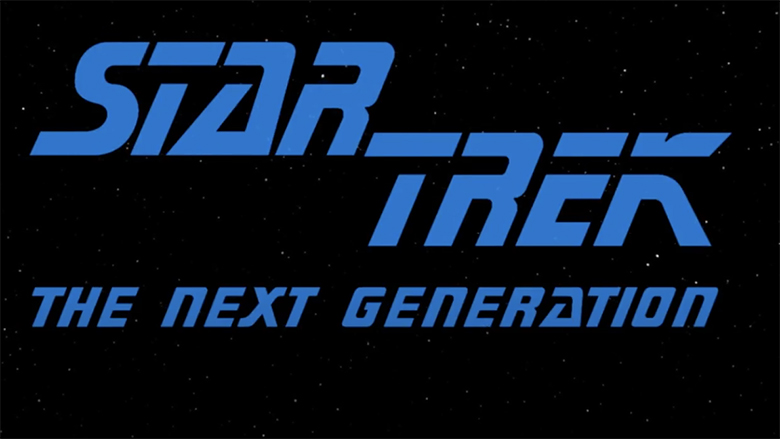
YouTube
Many Americans are unaware that their favorite episodes of Star Trek weren’t always available to watch overseas when the series was originally on the air. Such was the case with one banned TNG episode, entitled The High Ground. That episode took on a special significance after the events of Brexit. Here’s everything you need to know about why this episode was originally banned in one territory, and how it was eventually broadcast in its unedited and uncensored form.
‘The High Ground’ Was a Banned ‘TNG’ Episode
The High Ground was an episode of Star Trek: The Next Generation. In the episode, Dr. Crusher is taken hostage by a group of rebel separatists called the Ansata. However, this episode was initially banned from air in its unedited and original format in some markets.
According to a 2007 BBC report, at the time the episode had “never been shown on terrestrial TV in UK or in the Republic of Ireland and initial airings on Sky One were edited”. Entertainment.ie corroborates assertions that the episode was rarely broadcast in the United Kingdom and Ireland, noting: “the BBC specifically pulled the episode on its first-run transmission in 1990,” and that RTE, the broadcast organization in Ireland “reportedly never screened the episode”, even by 2020.
The episode’s writer, Melinda M. Snodgrass, was an American born in Los Angeles, California. She later moved, with her family, to New Mexico. According to Ancestry.com, the Snodgrass name is of Scottish origin, not Irish. She also wrote the episode The Ensigns of Command. Snodgrass is credited with providing a VHS tape that allowed CBS to reconstruct an episode with an extended cut. That episode was The Measure of a Man, for the TNG season two Blu-ray release. According to Memory Alpha, which was citing info from page 191 of Captains’ Logs: The Unauthorized Complete Trek Voyages, Snodgrass was unhappy about adding references to Northern Ireland to her original script.
Why Was ‘The High Ground’ Banned in Ireland?
In an aside during the episode, Data referred to the reunification of Ireland in 2024, a revelation that prompted ScreenRant to list this episode (and its reception worldwide) among Star Trek‘s biggest scandals.
At the time the episode was written, and to this day, Ireland is divided. The country of Ireland is a separate entity from Northern Ireland, thanks to the 1920 Government of Ireland Act. The sectarian violence in Ireland has its roots in this act, with the Irish Times noting that the “violence that engulfed the North from its inception started in the summer of 1920”.
By the time the episode was written, the conflict in Northern Ireland was being referred to in the media as “The Troubles“.
The 2024 Date Took on Special Significance, Post-Brexit
While the episode originally aired in the United States back in January of 1990, the episode became relevant again to 21st Century audiences after Brexit became a topic of international conversation. For some fans, it’s hard to not to wonder if the 2024 date for reunification is more realistic now that it was when the episode first aired.
When the UK opted to leave the EU, that threw the future of Ireland, Northern Ireland, and Scotland into question, as the “leave” decision Reuters noted that, post-Brexit, “Northern Ireland will remain aligned to the EU’s single market and goods arriving in Northern Ireland will be subject to EU customs rules.”
According to a 2019 report from the Irish Post, “With conflict still rife in Northern Ireland at the time, the episode ended up being heavily edited before broadcast in the UK and Ireland…To date, it has never aired in full on the island of Ireland.”
The BBC Also Banned Several ‘TOS’ Episodes
Censorship by the BBC didn’t affect just TNG. According to Den of Geek, the BBC refused to air four different TOS episodes during the period of 1969-1994, and other episodes were edited in some way. The four episodes not aired were Plato’s Stepchildren, Miri, Empath, and Whom Gods Destroy.
READ NEXT: The Weeknd Stuns with New Face
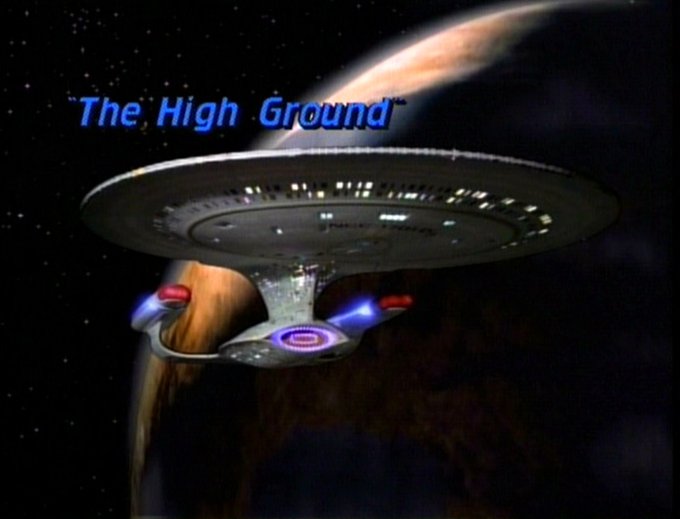
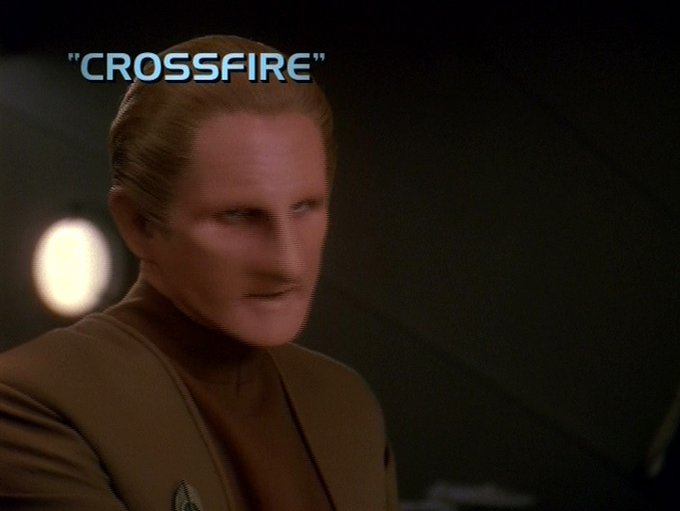
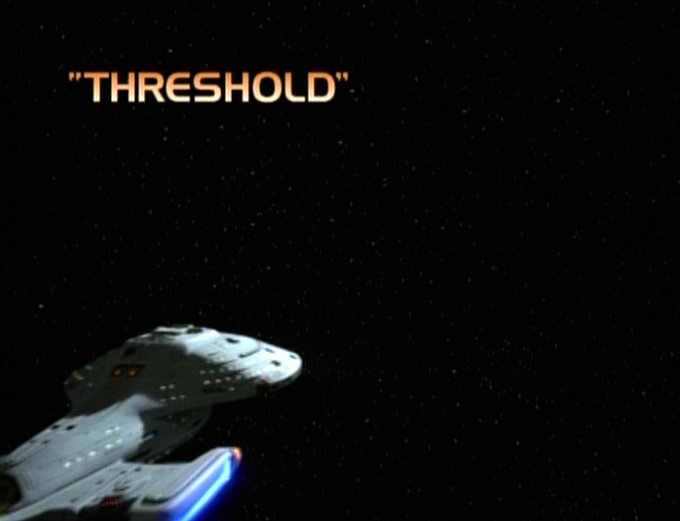
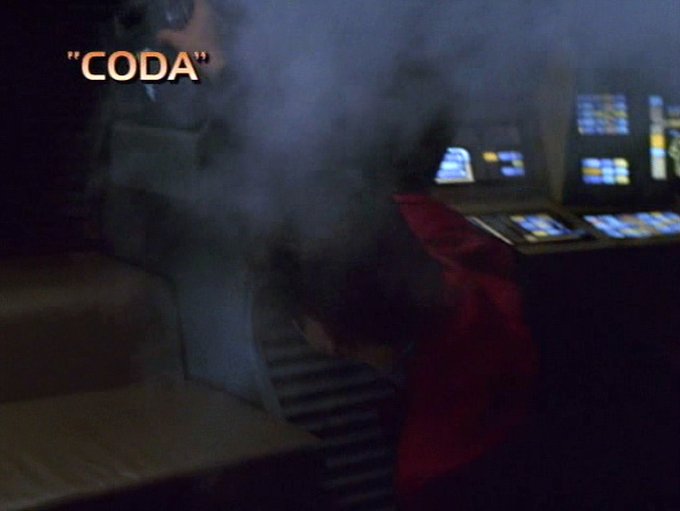
Comments
A Classic ‘Star Trek: TNG’ Episode Was Banned Overseas